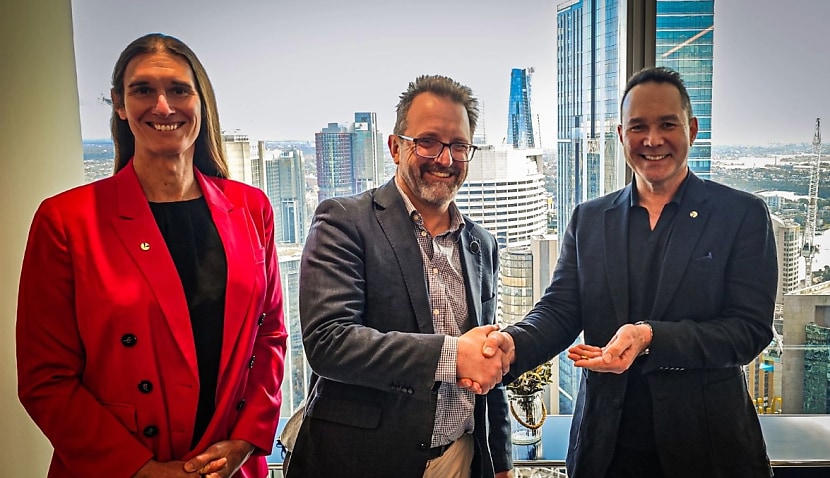
Created in partnership with Deloitte, the new Global Pathfinder Program will initially solicit interest from international organisations interested in space R&D, before announcing partners later this year.
The iLAuNCH trailblazer is a partnership between academic institutions and more than 20 industry partners that aims to accelerate the development of the space manufacturing sector.
Since its inception in 2022, it has already helped scores of projects.
Executive director Darin Lovett argued Australia ranks in the top echelons for developing intellectual property (IP) but struggles to commercialise them.
“The Australian government created the Trailblazer Universities Program to overcome this, providing AU$370 million of dedicated investment to accelerate Australia’s innovation agenda at speed and at scale,” he said.
“This Global Pathfinder program is innovative in its vision and approach, emulating international space ecosystems for space technology to export our world-class innovation into a global market.”
iLAuNCH began as a collaboration between University of Southern Queensland, Australian National University and the University of South Australia.
It believes it has already identified $3.65 billion in economic benefits associated with its core commercialisation projects, which will accelerate Australian IP to market.
In addition, it has also developed a degree in space engineering to boost the pipeline of engineers into the sector.
Deloitte Australia Space partner Byron Riessen said the professional services firm has a long-standing commitment to developing Australia’s space ecosystem.
“We welcome this opportunity to work with iLAuNCH Trailblazer and expand the work we already do with the Australian higher education system,” he said.
“We continue to demonstrate this commitment through initiatives like the successful GRAVITY Challenge, founded by Deloitte in 2019, which now operates globally from Australia.”
It comes after Space Connect reported how iLAuNCH would help develop a Fitbit-style health tracker for astronauts to wear in space.
It’s hoped the device will eventually be able to predict a potential astronaut’s fitness to function in space before they blast off – making it a vital part of the selection process.
The project will be led by ANU, Axiom Space and AI solutions provider Aqacia and will eventually see the latter company fly two payloads to space.
It will also build on an existing iLAuNCH project that uses AI to help monitor astronauts’ health, with “digital twins” predicting a space passenger’s physiology.
“ANU will use in-flight data to mature our medical digital twins, utilising embedded machine learning algorithms and mathematical models of the human system,” said ANU’s project lead, Professor Klaus-Martin Schulte.
“These algorithms will enable real-time simulation, diagnosis, and prediction of astronaut physiology and fitness to function in microgravity. They will also provide effective feedback information for future intervention cycles.”

Adam Thorn
Adam is a journalist who has worked for more than 40 prestigious media brands in the UK and Australia. Since 2005, his varied career has included stints as a reporter, copy editor, feature writer and editor for publications as diverse as Fleet Street newspaper The Sunday Times, fashion bible Jones, media and marketing website Mumbrella as well as lifestyle magazines such as GQ, Woman’s Weekly, Men’s Health and Loaded. He joined Momentum Media in early 2020 and currently writes for Australian Aviation and World of Aviation.
Receive the latest developments and updates on Australia’s space industry direct to your inbox. Subscribe today to Space Connect here.












